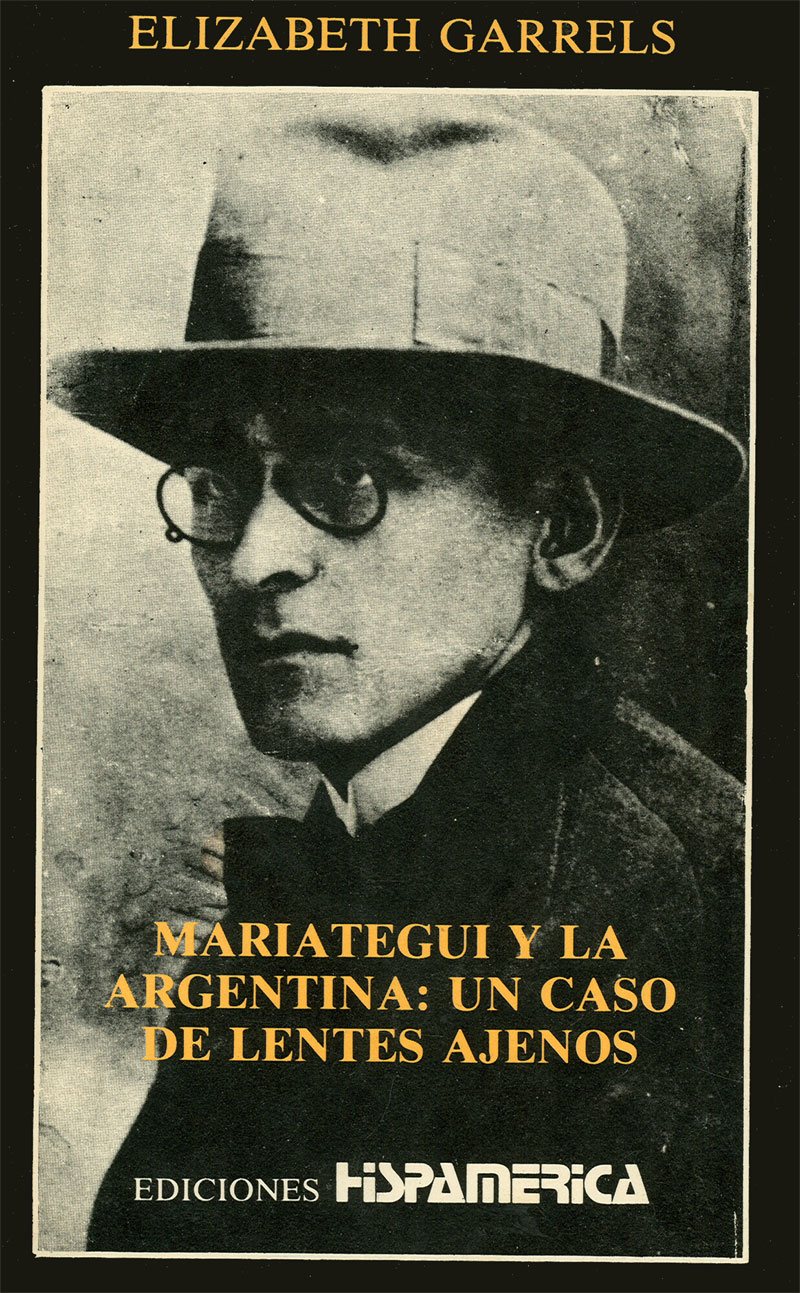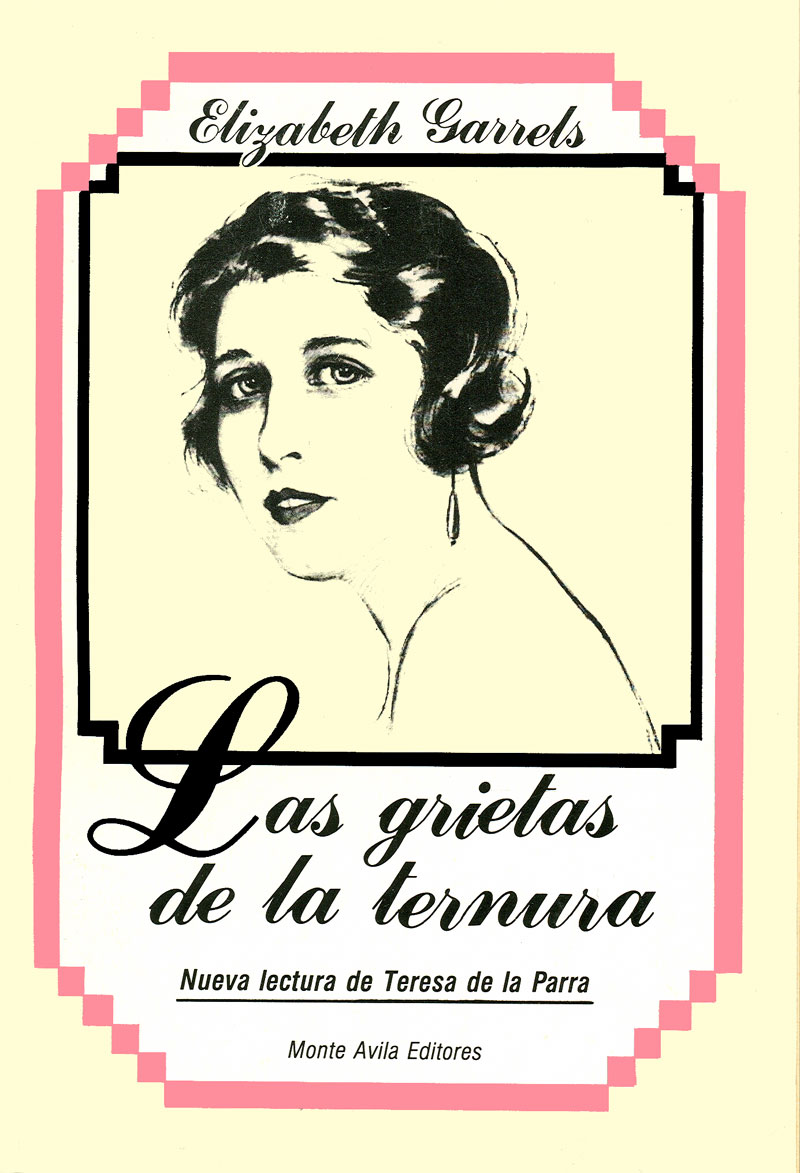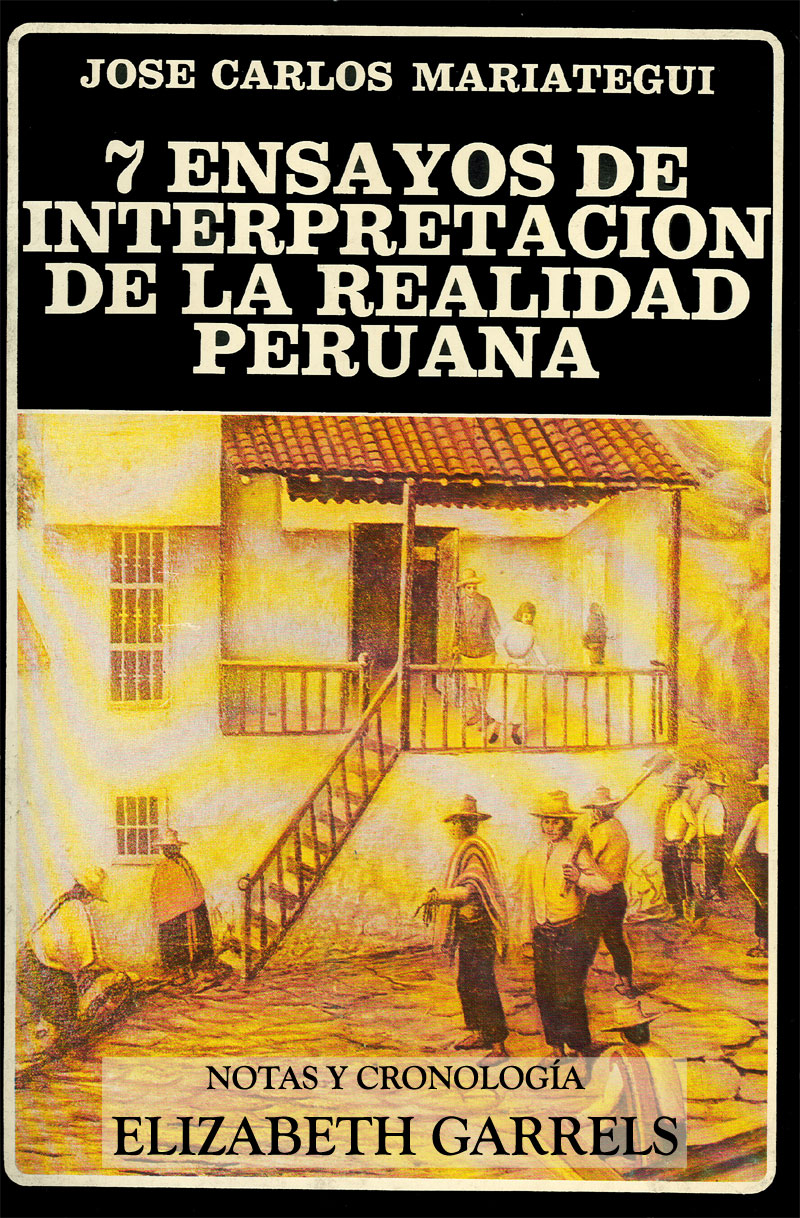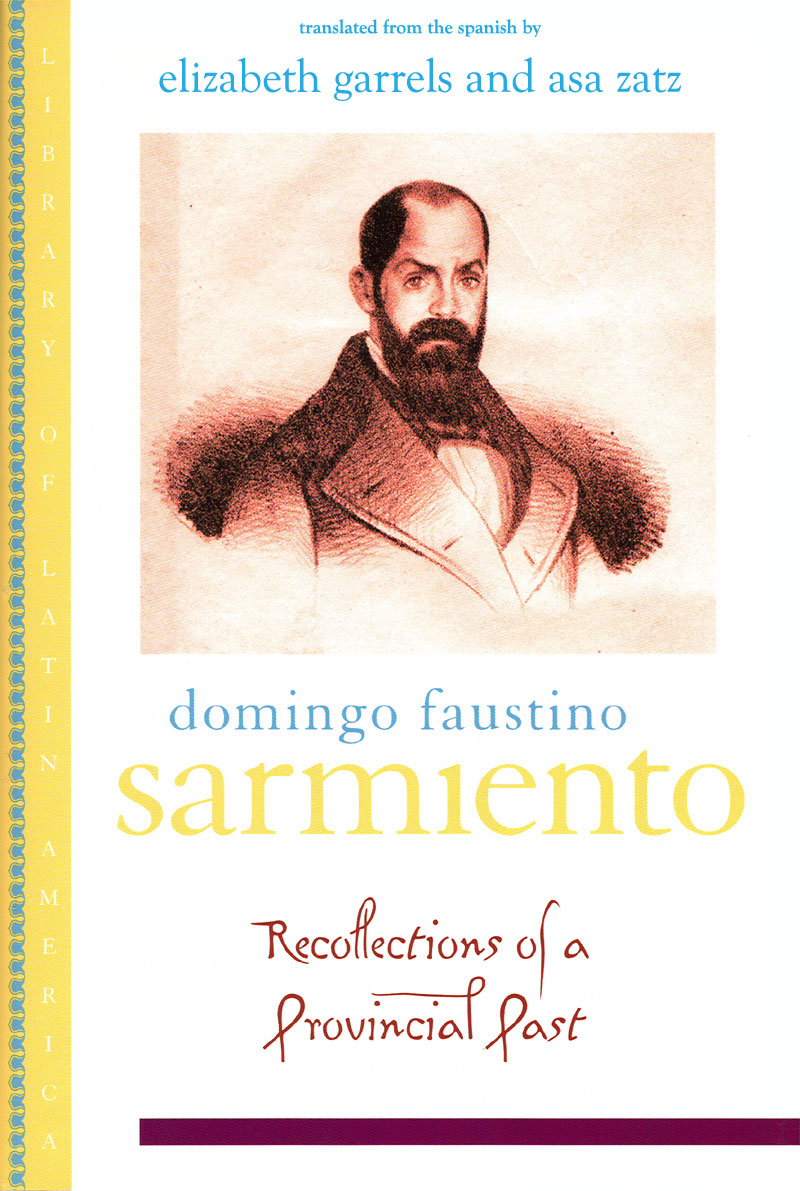People
| Name: | Elizabeth Garrels |
| Title: | Professor of Spanish and Latin American Studies |
| Email: | egarrels@mit.edu |
| Phone: | 617-253-9688 |
| Office: | 14N-323 |
 Professor Elizabeth Garrels |
Received a B.A. at the University of Michigan at Ann Arbor in 1967 and a Masters and Ph.D. from Harvard in 1974. Has taught at Harvard, Boston University, Universidad Central de Venezuela in Caracas, Boston College, UMass/Boston, Amherst College, and MIT. Research field is 19th to 21st-century Spanish American literature. After completion of current projects on Sarmiento, is interested in continuing work on Maria Luisa Bombal and melodrama, Horacio Quiroga, and the films of Luis Buñuel. Interested in cultural studies, the intersections among literature, history and the visual arts, women's history and writing, Latin American studies, film, and theory in the areas of gender, literature and psychoanalysis. Committed to undergraduate teaching.
Member of LASA and the Instituto Iberoamericano; has received an SSRC grant, MIT's Levitan Prize, and the 2006 NECLAS Translation Prize for her work on Sarmiento's autobiography.
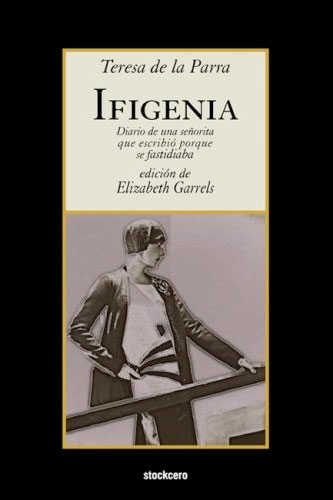 |
Publisher's presentation of book: This new edition of Teresa de la Parra's 1924 feminist novel "Ifigenia: Diario de una señorita que escribio porque se fastidiaba" contains a substantive prologue by Elizabeth Garrels, Professor of Spanish and Latin American Studies at M.I.T. and author of the well-received monograph "Las grietas de la ternura: Nueva interpretación de Teresa de la Parra" (published in 1986 by Monte Avila Editores) on the author's second and last novel, "Las memorias de Mama Blanca". In addition, it includes a short bibliography of recommended readings for the student who wishes to do further reading on "Ifigenia", as well as extensive footnotes meant to clarify the historical references and cultural allusions and to translate the many French and specifically Venezuelan words and expressions that appear in the novel, itself.
Among other things, Garrels's prologue discusses the differences and similarities between the biography of Teresa de la Parra and her fictional protagonist Maria Eugenia Alonso. The early male critics of the novel (as well as recent film versions and You-Tube videos on the author and her works) often share a common desire to conflate the thirty-five year old author with her eighteen year old character. The prologue argues that the difference in age, as well as the significantly distinct historical stretches during which the two of them inhabit Caracas and Paris, have all too often been perilously sidestepped by Ifigenia's readers.
This insistence on contextualizing the author and her character is intended to help the reader appreciate the complexity and sophistication of Teresa de la Parra's achievement in this novel that has too often been taken at face value. The prologue also aims to identify the contributions made to the ongoing interpretation of "Ifigenia" by its best professional critics. Thus, the second half of the prologue discusses at length the literary texture of the novel, and in particular its indebtedness to multiple precursors and genres in the western literary tradition.
Finally, the prologue polemicizes the novel's ending, which has proved a disappointment for many readers as well as a confirmation of personal prejudice for others. It considers whether the novel forces us to accept a closed ending or whether it allows us the possibility of an open one. The footnotes to the novel complement the prologue with brief discussions of such relevant historical issues as theories of race in the Venezuela of the early 1920's, the legal status of Venezuelan women during the dictatorial regime of Juan Vicente Gomez (1909-1935), and the nature of Venezuela's divorce law such as it was when the young María Eugenia Alonso turnedher thoughts to getting married.

